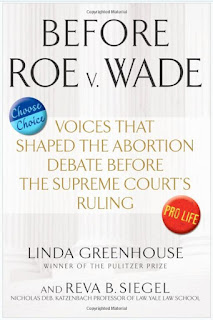We've all heard the joke in response to mathematical questions, "I'm terrible at math, that's why I went to law school." Well, the USPTO has taken the joke seriously and has now provided a downloadable patent term calculator!
The United States Patent and Trademark Office does not calculate expiration dates for patents. In response to patent owner and public inquiry, the USPTO is providing a downloadable patent term calculator (beta version) as a resource to help the public estimate the expiration date of a patent. The calculator can be used to estimate the expiration dates of utility, plant, or design patents. The calculator contains prompts to enter specific information related to the patent in order to help in estimating expiration dates.The calculator can be downloaded here but heed the USPTO Notice:
This calculator is only an educational tool. It was developed based on assumptions that may or may not apply in a particular case. It does not provide a determination of any kind by USPTO. It is not intended to, and does not, create any right or benefit, substantive or procedural, enforceable at law or in equity by a party against the United States, its departments, agencies, instrumentalities, entities, officers, employees or agents, or any other person.And now, our own disclaimer...heehee:
This post, or anything provided through this post, does not constitute mathematical advice and is not intended to constitute advertising of mathematical services. Nothing in this post should be construed as a source of mathematical advice. Do not rely or act upon the contents of this post without seeking advice from your own mathematician. Use and access to this post or any materials or information provided on this post does not create a mathematician-client relationship.









